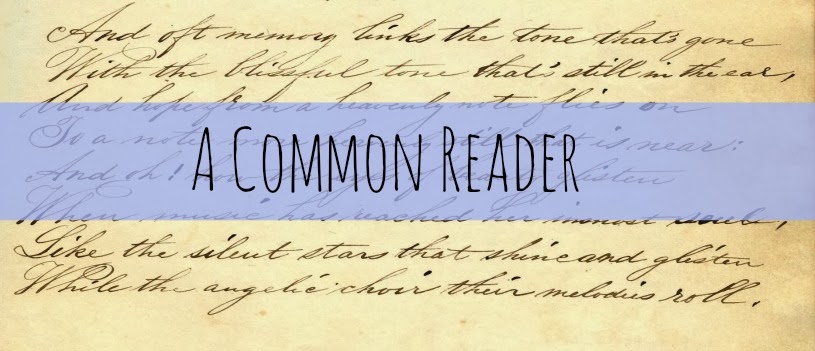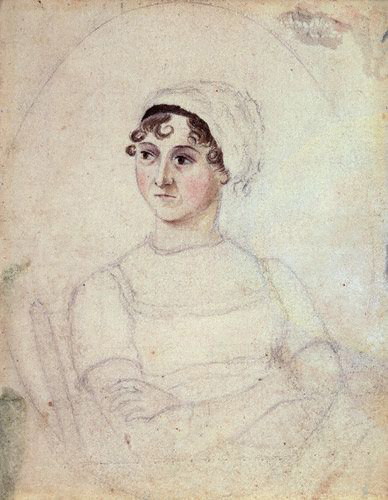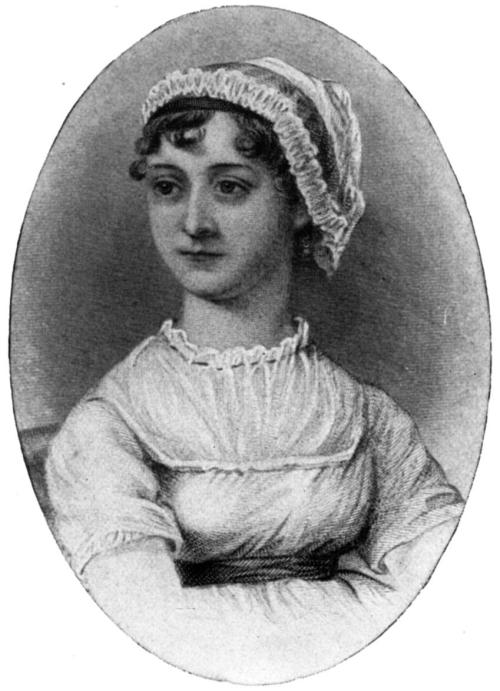Interestingly, (or not, as the case may be you sassy reader) this is not the first book by Stella Gibbon's I've read. Despite Cold Comfort being undeniably her most well-known novel, I came across a newly re-issued copy of Westwood in Waterstones and immediately bought it. Now, this is most irregular for me for a number of reasons:
- I almost exclusively buy second-hand books, because I am a poor student who is addicted to charity shops.
- I knew absolutely nothing about Stella Gibbons or Cold Comfort or Westwood yet I bought it anyway. Usually I'd buy a book because it's on a 'to-read' list or I know at least a little about the author. I know, how dangerously feckless of me.
I've never regretted the decision thankfully because Westwood was a cracking read.
Imagine a Jane Austen novel that's set in London during the second world war and you'll arrive at Westwood. So, getting back to Cold Comfort Farm for the present...
The story is about a young woman called Flora Poster who is left orphaned and impoverished and so makes the decision to live at some relatives farm whom she has never me before in her life. A bold move I would say. Flora then sets about to reorganise the lives of her new foster family all with the help of some common sense and good humour. Flora genuinely isn't as irritating as she sounds; I'd say she was a fearsome combination of Emma Woodhouse and Elizabeth Bennet and I for one want to be her. It is a very funny read, and quite clearly mocks the work of Thomas Hardy and the Bronte sisters (especially Wuthering Heights). Have you ever read a Victorian novel of hopelessness and wanted to grab one of the particularily fatalistic characters by the lapels and shouted: 'GET A GRIP!'. This is what Flora does and my god is it satisfying. Now, I would like to point out that I am huge fan of Thomas Hardy and admire Wuthering Heights enormously, but Stella Gibbons' tongue-in-cheek treatment of such novels made it hard to not to chuckle.
All in all a peculiarly satisfying read. Although, one thing that I have noticed about Gibbons' protagonists is that it seems as if she doesn't really care for them herself. Jane Austen's novels are so beguiling because even when her characters have some undesirable qualities, they are ultimately loveable and loved by Austen. I feel that this is the only thing which holds me back from full-blown raptures of Gibbons' work.
The story is about a young woman called Flora Poster who is left orphaned and impoverished and so makes the decision to live at some relatives farm whom she has never me before in her life. A bold move I would say. Flora then sets about to reorganise the lives of her new foster family all with the help of some common sense and good humour. Flora genuinely isn't as irritating as she sounds; I'd say she was a fearsome combination of Emma Woodhouse and Elizabeth Bennet and I for one want to be her. It is a very funny read, and quite clearly mocks the work of Thomas Hardy and the Bronte sisters (especially Wuthering Heights). Have you ever read a Victorian novel of hopelessness and wanted to grab one of the particularily fatalistic characters by the lapels and shouted: 'GET A GRIP!'. This is what Flora does and my god is it satisfying. Now, I would like to point out that I am huge fan of Thomas Hardy and admire Wuthering Heights enormously, but Stella Gibbons' tongue-in-cheek treatment of such novels made it hard to not to chuckle.
All in all a peculiarly satisfying read. Although, one thing that I have noticed about Gibbons' protagonists is that it seems as if she doesn't really care for them herself. Jane Austen's novels are so beguiling because even when her characters have some undesirable qualities, they are ultimately loveable and loved by Austen. I feel that this is the only thing which holds me back from full-blown raptures of Gibbons' work.




















